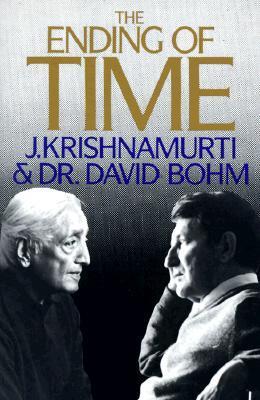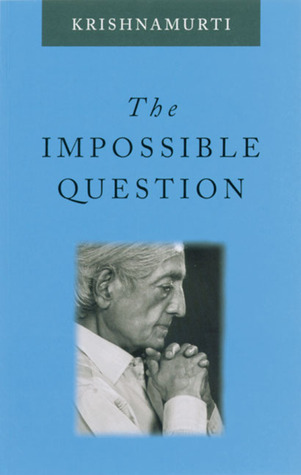
On Fear
Book Description
Fear, that insidious shadow lurking in the corners of the mind, can paralyze or propel. J. Krishnamurti unravels this primal emotion, exposing its roots and revealing the profound insights that can transform existence. With unflinching clarity, he questions societal norms and invites a radical shift in perspective. Each page beckons with the urgency of freedom from confinement—internal and external. This is not merely a discourse; it's a journey into the depths of human experience, challenging every belief. What happens when you confront fear with courage and understanding? Discover the power to transcend in a world bound by hesitation.
Quick Book Summary
"On Fear" by J. Krishnamurti delves into the fundamental human emotion of fear, exploring its psychological and spiritual dimensions. Krishnamurti argues that fear is deeply ingrained in our conditioning, shaped by personal and collective experiences, beliefs, and the desire for security. He unpacks how fear influences relationships, decision-making, and the structure of society, often manifesting as anxiety, violence, or conformity. Through a series of dialogues and reflections, Krishnamurti reveals that true freedom from fear arises not through repression or avoidance, but through direct observation and understanding. By questioning ingrained thought patterns and approaching fear with attentive awareness, individuals can transform their consciousness, leading to profound inner change. Krishnamurti's wisdom challenges readers to recognize fear as a gateway to self-discovery, urging them to move beyond avoidance toward courage, clarity, and liberation.
Summary of Key Ideas
Table of Contents
The Origins and Conditioning of Fear
Krishnamurti begins his inquiry by tracing the origins of fear to the psychological conditioning that shapes every individual from childhood onward. According to him, fear is not only a personal phenomenon but also a deeply embedded social construct, passed down through education, tradition, and collective memory. This conditioning leads people to seek security through beliefs, positions, or associations, creating division and rigidity. Krishnamurti highlights that the attempt to protect oneself psychologically reinforces an underlying sense of fear, thus perpetuating internal conflict and limiting true freedom.
The Cycle of Thought and Anticipation
One of the principal mechanisms by which fear operates is thought and anticipation. Krishnamurti posits that fear is often a product of the mind projecting into the future or dwelling on the past. The "what if" scenarios, the anticipation of pain, and the memory of previous suffering give rise to anxiety. Thought, seeking continuity and safety, constructs fears that may be unreal or exaggerated. Krishnamurti guides readers to see that being caught in this cycle prevents authentic experience and insight, as the mind becomes occupied with protecting itself from imagined dangers.
Observing Fear Without Judgment
Rather than suggesting methods to suppress or escape fear, Krishnamurti advocates for a direct and choiceless observation of fear. He encourages readers to look at fear as it arises, without trying to analyze, justify, or transform it. This pure observation brings clarity to the nature of fear, dispelling the illusions that surround it. In facing fear directly, one can begin to untangle its roots. Krishnamurti notes that the simple act of deeply observing fear without judgment or interference dissolves much of its hold over the mind.
Relationships, Violence, and Fear
Fear has substantial effects on relationships and society at large. Krishnamurti discusses how fear breeds violence, conformity, and dependency. When individuals act from fear, they may seek power, control, or comfort in harmful ways. Relationships become transactional and defensive, shaped by expectations and attachment. On a broader scale, fear underlies social divisions, prejudice, and collective aggression. Krishnamurti asserts that only by understanding fear within ourselves can we hope to build genuinely compassionate and harmonious relationships with others.
Freedom Through Awareness and Understanding
Ultimately, Krishnamurti contends that freedom from fear is not an abstract ideal, but an attainable reality. This liberation requires a radical shift in awareness—seeing fear for what it is and not what the mind imagines it to be. Such awareness generates a profound sense of vulnerability, openness, and intelligence. Instead of seeking security in external structures or psychological defenses, Krishnamurti invites a fearless engagement with life as it unfolds. Through sustained attention and understanding, one can transcend the boundaries set by fear, embracing the possibility of living with courage and clarity.
Download This Summary
Get a free PDF of this summary instantly — no email required.





